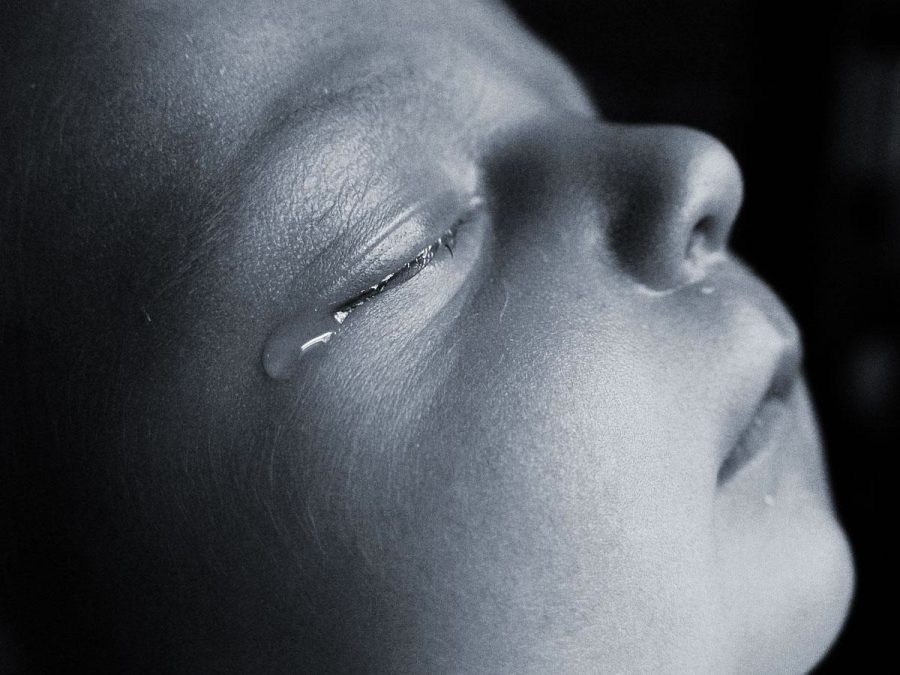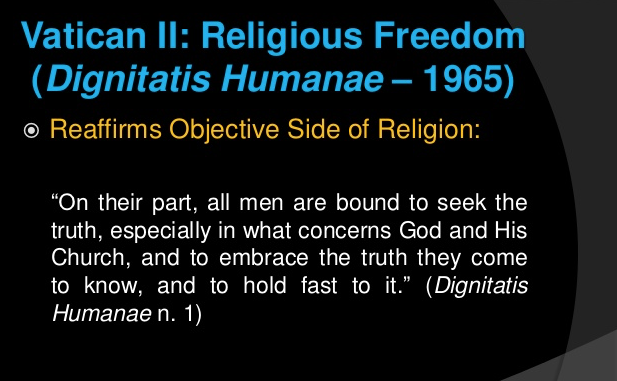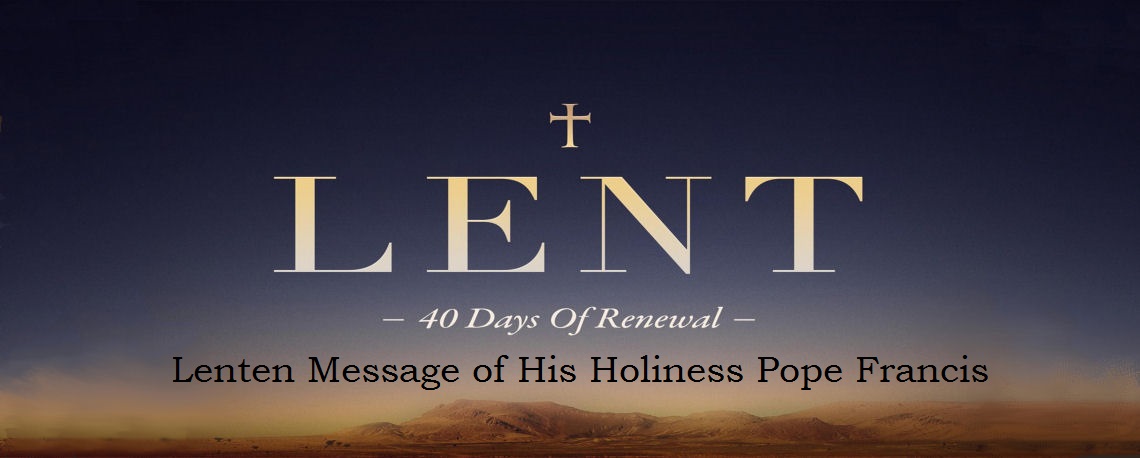H E Marcelo Sánchez Sorondo | Youth Symposium 2016
Thank you. I am very happy to see all of you here. I think we need to do, as the Pope said “hacer lio” (an Argentine saying which means something close to “shake things up”), to be present in the future with the responsibility of our work, our studies, and solidarity with the people. I want to summarize the papal Encyclical, which is our inspiration; but the very important thing that we have right now is a kind of synergy, the same spirit, with the United Nations. I want to speak about the spirit of the Pope’s encyclical, and Jeffrey Sachs will speak about the spirit of the UN and this project. I will begin with the spirit of the Laudato Si’.
The message of the Encyclical Laudato Si’ can be summarized in the following sentence: “We are called to be instruments of God our Father, so that our planet might be what he desired when he created it and correspond with his plan for peace, beauty and fullness” (§ 53). This was, more or less, the idea of Francis of Assisi when he said that we are “instruments of peace”, instruments of God to give peace, to try to give salvation for everyone, and especially for the poor.
The first thing is that we need to have an ecological conversion and this is a completely new idea in the Magisterium of the Church, because it is like an extension of our responsibility towards the earth, not only with the humans –which was the previous idea of the Doctrine of the Church. This is to say that we also have a responsibility in the development of the land and with all of the Creation. Since we can have either negative or positive intervention on it, we need to be responsible of our actions in relation with the earth. And this is the great new idea. Eco means house in Greek and logical means to put order (in the house), so we should have an ecological conversion. This is a new extension of the idea of our responsibility in the Social Doctrine of the Church. But the Pope also has three centers: theology, natural sciences and social sciences. These are the three points of the ecological conversion.
The theological point is very nice, because the Pope assumes the new ideas about evolution, and not only explains the Creation as dependent of God and that is the traditional sense because God created the Being and Life, but also in the sense of an end. We are created by God, but we are on a realization, an evolution, we are on a fulfillment of this creation. He takes a very nice text from St. Thomas Aquinas (a comment he makes to Aristotle) that says: “What is nature? Nature is nothing other than a certain kind of art, namely God’s art, impressed upon things, whereby those things are moved to a determinate end. It is as if a shipbuilder were able to give timbers the wherewithal to move themselves to take the form of a ship” (S. Th., In Phys. Arist., 8, II, 14)’ (LS §80). That is like if the things itself had the movement to form and to take the new end, that is just evolution. So that is the theology that the Pope uses to explain our responsibility with the Creation, the general idea about evolution and that we are collaborators of this evolution, of God’s plan, because we need to develop the potentiality of the land and the earth in relation with His finality. This is, in synthesis, his theology.
The adoption of the natural sciences that the Pope takes is for the description of the earth; the Bible has an explanation about the origin. Climate change and global warming is terminology that comes from the natural sciences and we have here, in the Academy, three important people that were in the beginning of all of this, who denounced the tendency of global warming that, in the end, could make alterations to the water cycle, and that is terrible because water is the mother of life. One of these scientists said that, for the first time, human activity had some determination on the climate, and in this case, negative determination, global warming. And, because of this, human activity that uses fossil materials, as the Pope states: “In recent decades this warming has been accompanied by a constant rise in the sea level and, it would appear, by an increase of extreme weather events, even if a scientifically determinable cause cannot be assigned to each particular phenomenon” (§ 23). And he continues: “There are other factors (such as volcanic activity, variations in the earth’s orbit and axis, the solar cycle)” – but the real cost of this global warming is that “a number of scientific studies indicate that most global warming in recent decades is due to the great concentration of greenhouse gases (carbon dioxide, methane, nitrogen oxides and other) releases mainly as a result of human activity)” (§ 23). And this is the matter: Is the purpose of human existence to use these fossil materials, which produce these global changes and the alteration of the climate?
These ideas come from science, but the Pope, with his authority, says that we need to change. Many ideas that he takes do not come directly from the Gospel, for example many come from Philosophy, like when he says that the end of our activity is the common good. That comes from the Greeks, from Aristotle. Or when we say that the human being is the center of the Social doctrine of the Church, it comes from philosophy, or maybe jurists. Anyway, the Pope takes these ideas and says that they are implicit in the Gospel, but the same goes for certain ideas that come from the sciences, so he says “this is true! We need to take them in order to change.
And, also, the Pope takes ideas from the social sciences and that is that the consequence of this applies directly, and specially, to the poor. They – the poor people from rich countries – are the ones that suffer the most consequences and maybe do not even get to use these form of energy. But, it also applies to the poor countries, like for instance the Philippines, that suffer the consequences of the usage of these types of energy, and do not have the possibility to access to them. This is, of course, one of the other consequences that the Pope indicates very clearly, which comes from the social sciences. Human beings can start doing things in a good way and take advice from the natural sciences and social sciences, that is to start a sustainable development (that also comes from the UN). In the end, it is a continuation form the Magisterium of the Church, which comes from Paul VI, who states that we need to rediscover the potentiality of the earth to activate it for the service of the human being. From the moral point of view, we need to come back to a new ethic, the ethic from the Beatitudes of the Gospel, that considers the suffering and injustice that bear upon the people, the poor people. We need to consider the helping of people that suffer as a gift that we have, a gift that God gave us for human development.
This is the ethic that the Pope wants to put in the center, that is in relation with the Gospel (Mt. 25), when God, in the last moment of our life, will ask us what we did for our suffering brothers that have more necessity than others. The Pope is very concerned about this and the main purpose of his pontificate is to return to this central message of Christ: To love especially those who are in more necessity, the marginalized, and excluded from society.
Thank you.




